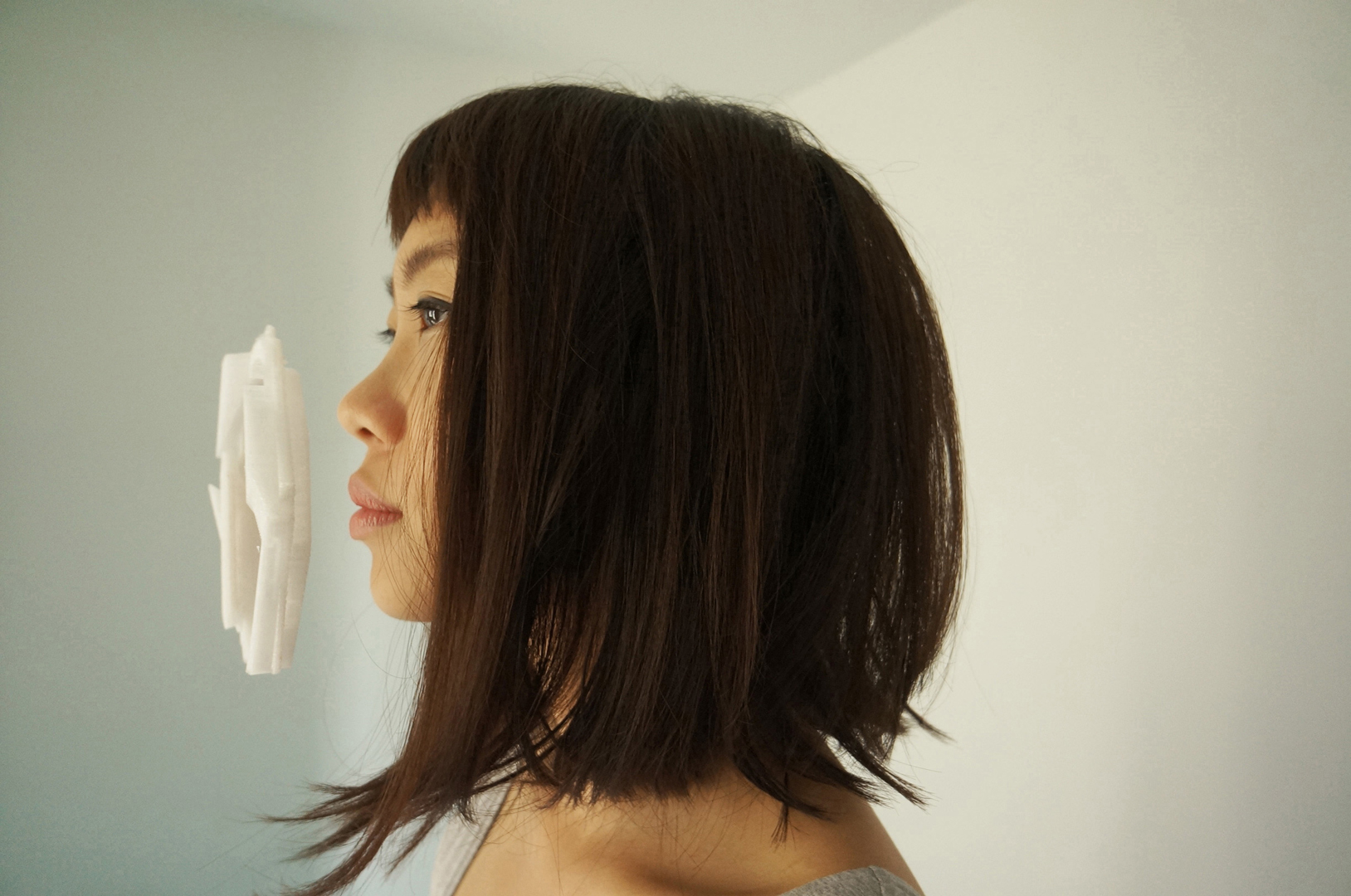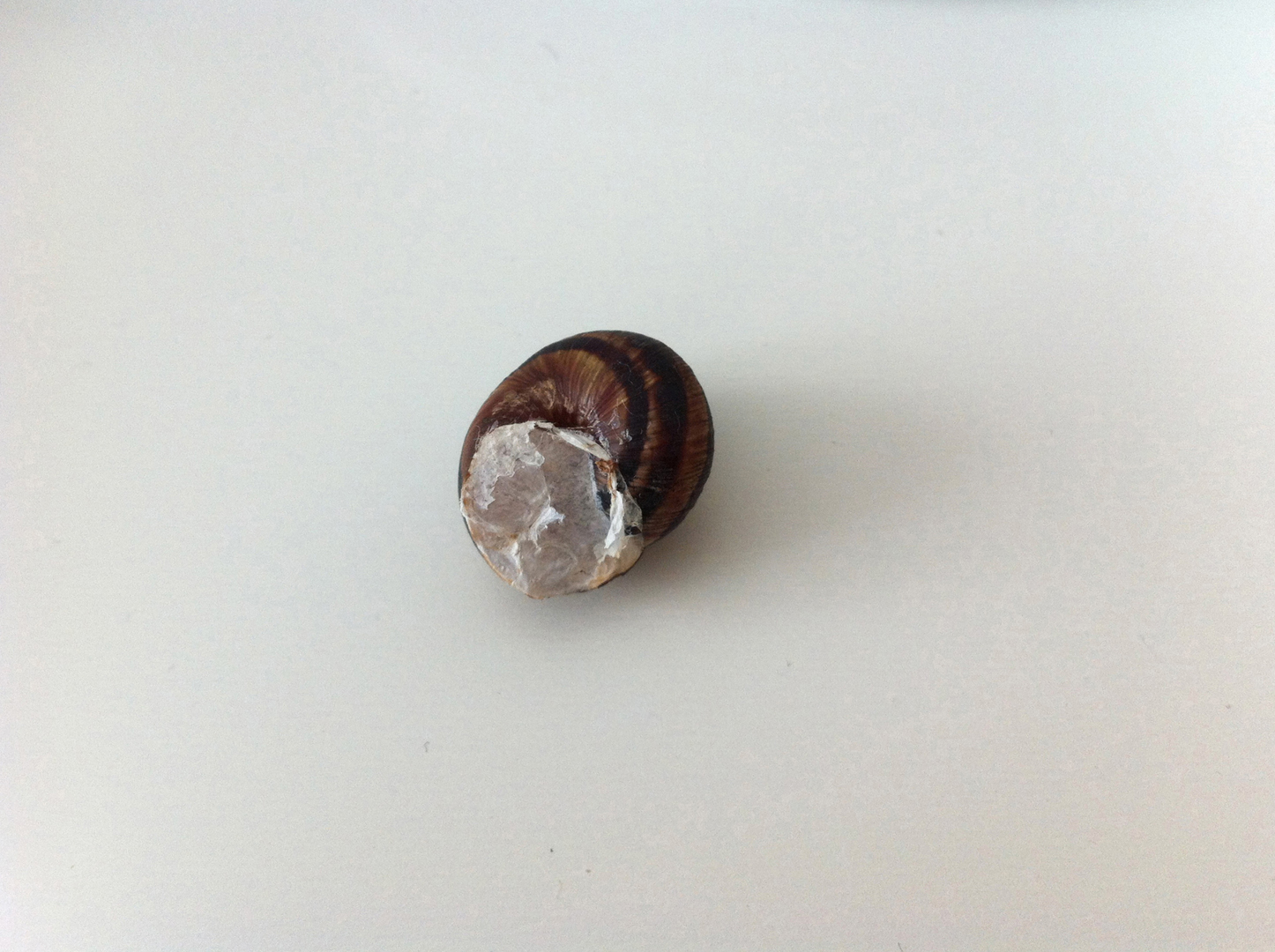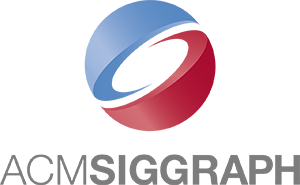Cindy Kaiying Lin: visceral zones: snails-and-i
Artist(s):
Title:
- visceral zones: snails-and-i
Exhibition:
Creation Year:
- 2016
Category:
Artist Statement:
I study epiphragms. Epiphragms are dried mucus or calcium-carbonate structures covering the apertures or openings of snails. They protect snails from dryness and sometimes, digestion from their bird predators. I study these structures to examine and question the dependencies humans have with other non-humans. More importantly, I study them to survive. I have observed and shadowed several snails; from the keong emas (Golden Snail) or Apple Snail along the struggling rice fields of Yogyakarta to the Helix pomatia that have been terribly misunderstood as a French delicacy. I have felt, sensed, watched and listened to these slimy companions in my installations. Similar to Anna Tsing (2015), I believe in a kind of collaborative survival, and a survival which pays attention to non-humans’ intricate adaptations and effect we have on one another.
In my recent work – human epiphragm prototype ver 1.0, I followed three species of snails across Paris. These snails taught me to probe futures where extremities become consistent. As chances of snail-and-I encounters became frequent, I decided to make sculptural versions of human epiphragms based on images collected from a do-it-yourself (DIY) webcam microscope. I design these 3D-printed human epipghrams to render visible the experiences of non-humans surviving with the harshest. To live amongst the cataclysmic destruction engendered by human capitalists, snails might know best.
“visceral zones” demonstrates that to create visceral scientific experiences is to first, acknowledge the potential futures DIYbiology hardware practice offers and second, to practise design with an anthropomorphic sensibility. I will continue this work with other snail companions in Detroit and Yogyakarta, two cities confronted by rapid and sometimes, unwarranted revitalization efforts and urbanization that makes science-making an even more alienating experience.






